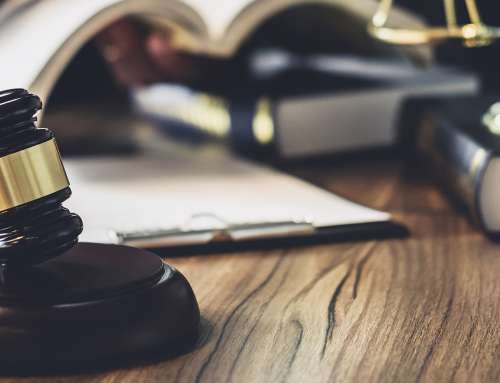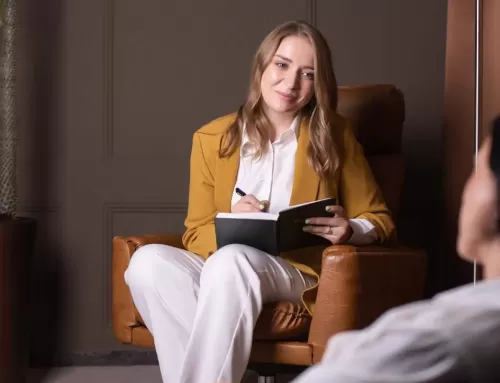TABLE OF CONTENT
- What is Post-Pandemic Stress Disorder (PPSD)?
- 11 Tips to Manage Post-Pandemic Stress Disorder (PPSD)
- 1. Acknowledge and Address Mental Health Issues
- 2. Be Mindful of Your Emotions
- 3. Set Personal Boundaries
- 4. Communicate Your Needs
- 5. Practice Mindfulness
- 6. Engage in Regular Exercise
- 7. Make Time for Relaxation
- 8. Follow a Healthy Diet
- 9. Priorities Sleep
- 10. Spend Time in Nature
- 11. Seek Support and Guidance
- Final Thoughts
The human race has faced pandemics throughout history, with devastating consequences. From the bubonic plague in the Middle Ages to the recent deadly virus in 2019. Pandemics have caused immense physical, emotional, and economic challenges worldwide. These challenges have given rise to a condition known as Post-Pandemic Stress Disorder (PPSD).
What is Post-Pandemic Stress Disorder (PPSD)?
In 2021, therapist Owen O’Kane introduced the term “Post-Pandemic Stress Disorder.” Although not officially recognized as a separate disease, PPSD is a significant mental health issue that arises from exposure to traumatic or extreme events.
It surpasses an individual’s ability to cope with stress, profoundly impacting their well-being. Unlike PTSD (Post Traumatic Stress Disorder), which typically stems from a single harrowing event, PPSD emerges from various traumas, such as getting infected, enduring isolation, fear of job loss, and living under the constant lockdown threat.
11 Tips to Manage Post-Pandemic Stress Disorder (PPSD)

1. Acknowledge and Address Mental Health Issues
Returning to “normal” might mean dealing with exacerbated or new mental health issues. If you’ve been seeing a psychiatrist or a psychologist expert, continue seeking support. For those experiencing new mental health challenges, consult your primary physician and discuss your feelings with friends and family to receive the help you need.
2. Be Mindful of Your Emotions
Be honest with yourself and others about your comfort level in returning to public events. It’s okay to take things at your own pace.
3. Set Personal Boundaries
Be honest with yourself and make choices that are right for you. Begin by being open about your boundaries, and don’t be embarrassed when you’re not yet willing to go back to public events.
4. Communicate Your Needs
Be open and honest when discussing plans with family and friends. If you’re not ready for certain social situations, express your needs using “I” statements to foster understanding.
5. Practice Mindfulness
Incorporate mindfulness practices like meditation and deep breathing into your daily routine. These techniques can help your brain cope with stress more effectively.
6. Engage in Regular Exercise
Physical activity, whether walking, running, cycling, or yoga, releases stress-reducing hormones, benefiting your mental and physical well-being.
7. Make Time for Relaxation
Schedule activities that bring you joy and relaxation, such as reading, listening to music, bathing, or spending time with pets.
8. Follow a Healthy Diet
Maintain a well-balanced diet with whole foods, fruits, vegetables, and whole grains, as it positively impacts your mind and body.
9. Priorities Sleep
Ensure you get enough rest, as lack of sleep can contribute to mental health issues.
10. Spend Time in Nature
Spending time outdoors or maintaining a garden can have a calming effect on your mind and reduce stress.
11. Seek Support and Guidance
Remember, you don’t have to face the challenges of the post-pandemic era alone. Reach out to friends, family, counsellors, or support groups for assistance. If you or someone you know needs professional help with mental health issues, consider contacting Concise Medico for expert guidance and support on the path to recovery.
Final Thoughts
The panel of psychology expert witnesses at Concise Medico is always ready to extend help and support to anyone grappling with mental health challenges like Post-Pandemic Stress Disorder. Rest assured that with the decades of experience our discussion possesses, you are in capable hands on your journey towards healing.




